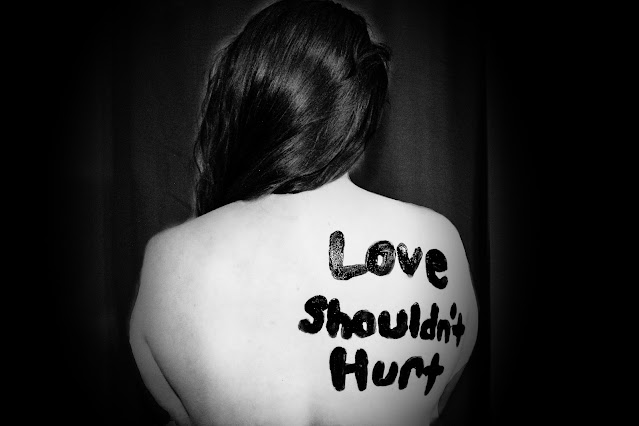If you have been in an abusive relationship or have suffered abuse from someone you know, then you already know how it feels to be on the receiving end of cruelty and hurtful words. It can be a very traumatic experience and leave you feeling helpless and like there is no way out. Fortunately, there are many people who will stand by your side and offer their support when you need it the most.
As a victim of abuse, what you need to know is that recovery is possible and that there are resources available to help you through this difficult time in your life. If you are currently dealing with the aftermath of being abused, here is what you need to know about healing and recovery so that this unfortunate situation has a happy ending.
Speaking To A Solicitor About Compensation
Depending on the type of abuse you have suffered, you have a number of different reparation options. For example, If you have suffered sexual abuse, you may be entitled to compensation through the Criminal Injuries Compensation Scheme. Speaking to a solicitor that specialises in abuse claims, such as child or sexual abuse claims, will help you navigate what compensation you are entitled to in order to help rebuild your life. To get started with making a claim or just to enquire about your options, speak to the abuse solicitors Hugh James.
Finding Yourself Again
Moving forward, you need to focus on healing and finding yourself again. To do this, it is important to engage in activities that bring you joy, such as listening to your favourite music, going for a walk in nature, or spending quality time with loved ones. Engaging in activities that bring you joy can help you to re-engage with your life again and refresh your spirit. You may want to consider joining a support group for abuse survivors or going to see a therapist. Talking to people who understand what you are going through, as well as therapists, can help you to process your feelings, identify your triggers, and begin to move forward.
Practising Wellness And Self-Care
To help cope with the symptoms of trauma, it is important to engage in self-care practices, such as meditation or yoga, journaling, and taking part in activities you enjoy. Taking care of yourself does not mean that you are weak. Quite the contrary, it is a sign of strength and resilience to acknowledge you need help and to know where to find that help.
Seeking Mental Health Support
It is normal to experience a wide range of emotions after being abused, including anxiety, depression, low self-worth, and shame. Seeking mental health support can be a great way to process these emotions and begin to heal. There are many different types of support you can seek, including therapy, counselling, or group support. There are many different types of therapy available, and the best choice for you will depend on what you are hoping to achieve. Therapy is a safe space where you can talk about your experiences, explore your feelings, and learn new skills to help you cope moving forward.

